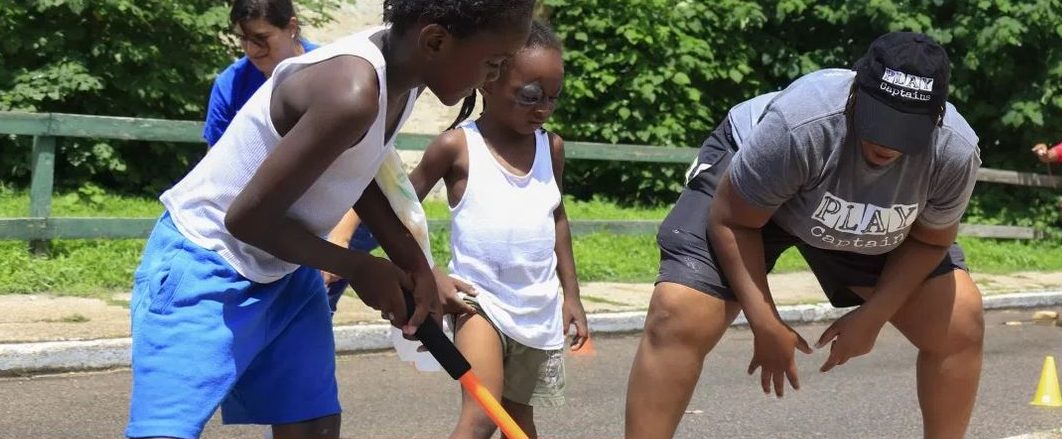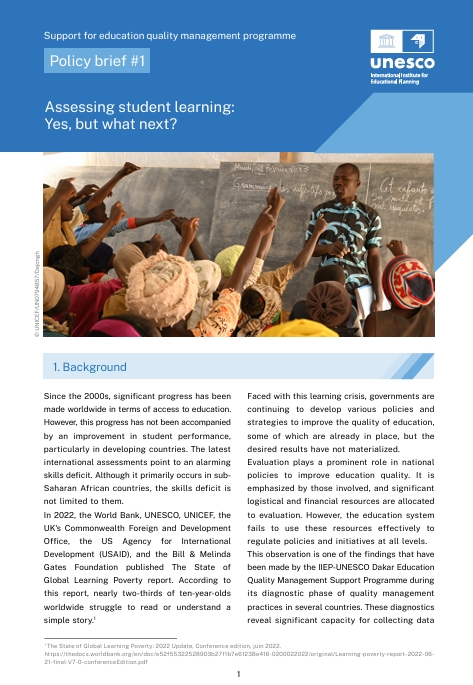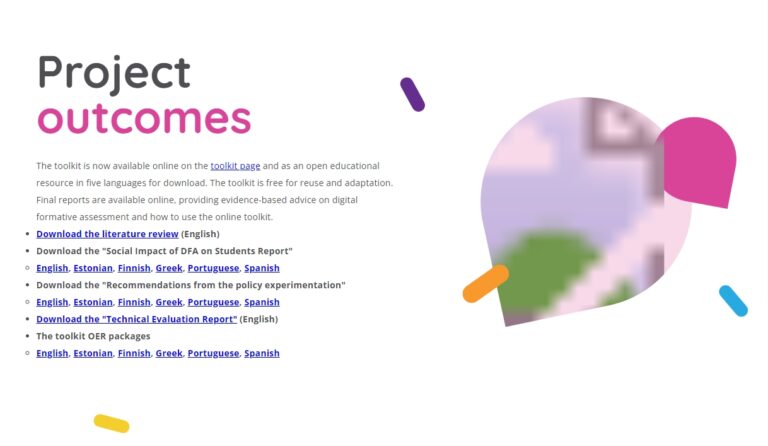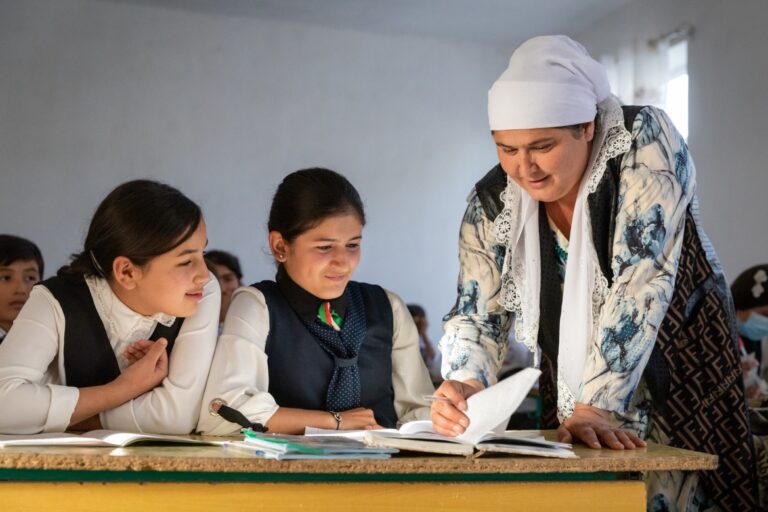Story Source: Brookings ~ Go to Original Article
Playful Learning Landscapes seeks to transform everyday spaces into playful learning opportunities to maximize “the other 80 percent” of time that children spend outside school. It lies at the intersection of the growing Child Friendly City movement and a global development agenda that calls for access to high-quality early childhood education for all. A joint project of Temple University’s Infant and Child Laboratory and the Brookings Institution, Playful Learning Landscapes is a broad umbrella initiative that marries community involvement and learning sciences with placemaking in order to design carefully curated playful experiences in everyday spaces…………………..



